It’s fascinating to watch as American newspapers try their hand at royal gossip. That’s all it is too – almost all “royal reporting” is just gossip, dressed up as news or analysis. Well, the New York Times published a fascinating piece this weekend, written by their London bureau chief Mark Landler. Instead of quoting monarchist hacks who pick up paychecks screaming about the Duke and Duchess of Sussex on GB News, Landler spoke to Peter Hunt, who has become something of an even-handed critic of the monarchy. Landler also spoke to Ed Owens, a historian who doesn’t seem to be particularly wrathful towards the Sussexes. Which means this “news analysis” comes across as fair and free of Buckingham Palace’s talking points. Some highlights:
Prince Harry’s BBC interview disrupted the VE Day commemorations: King Charles III was busy last week marking the 80th anniversary of the Allied victory over Nazi Germany and preparing to fly to Canada to open its parliament later this month. But his public schedule was eclipsed yet again by a highly-publicized eruption from his estranged younger son, Prince Harry. It has become a familiar pattern for the 76-year-old monarch. Two years after his coronation, his reign is shaping up as both eventful and oddly unchanging in its core narrative — that of a beleaguered father managing a messy brood.
Harry’s comment about not knowing how much time Charles has left: “There is an overhang in the way we see Charles’ reign,” said Ed Owens, a historian who writes about the British monarchy. “It hasn’t really gotten going, nor are we sure how long it will last.”
Charles’s reign might be defined by the Sussex mess: But Harry’s comments, which came after a legal defeat over his security arrangements in Britain, dragged attention back to the rift that opened in 2020 when he and his wife, Meghan, withdrew from royal life and moved to California. Some royal watchers warn that unless Charles finds a way to heal that rift, it could define his reign, undercutting the messages of tolerance and inclusiveness that he has long championed.
Peter Hunt on the interfamily squabbles: “When history comes to be written about the king, this will reflect badly on him,” said Peter Hunt, a former royal correspondent for the BBC. “He represents an institution that is about family, unity and fostering forgiveness. His role is to bring people together, and yet he can’t bring people together on his doorstep.”
Buckingham Palace did too much around Harry’s BBC interview: The palace pushed back on Harry’s contention in the BBC interview that his father could have done more to spare him the loss of automatic, publicly-funded police protection when he visits Britain. The palace appealed to journalists not to focus on the family drama during a week dedicated to V-E Day commemorations. Far from calming the waters, Mr. Hunt said, that had the effect of keeping the spotlight on Harry longer than necessary. “It’s a private issue but they are using the full weight of the institution to respond to him,” Mr. Hunt said.
Work-Shy William has been thrust into a more public role: Harry remains estranged from his older brother, Prince William, as well as his father, which adds to the portrait of a family divided and diminished. When the royals gathered on the balcony of Buckingham Palace to watch a flyover of war planes last week, their ranks were noticeably sparse. For William, the loss of Harry and Andrew, as well as his father’s illness, has thrust him into a more conspicuously public role. “William has sometimes been seen as work-shy, but we see him gravitating toward bigger, more media-friendly events,” said Mr. Owens, the historian. “He’s burnishing his reputation as a statesman.”
William doesn’t want to be king: The heir to the throne made perhaps his biggest splash with the British public when he offered astute sports commentary last month before a Champions League game pitting his favorite soccer club, Aston Villa, against Paris Saint-Germain. One of the hosts, Rio Ferdinand, joked that he could take his job. The job that William does not want, at least for now, is his father’s. But fears over the king’s health have made talk of succession inescapable. In late March, Charles was briefly hospitalized after a reaction to his medication. The palace insisted it was a minor bump on the road to recovery, but it set off alarm bells at British broadcasters, for whom the passing of a monarch sets in motion massive coverage.
The king’s cancer: But such high-profile engagements, royal watchers say, do not disguise the fact that his illness has hindered him from pursuing the kinds of reforms to the British monarchy that many expected after his coronation. “The man has had the wind taken from his sails,” Mr. Owens said.
In my opinion, Peter Hunt is a real one, and he’s one of the few people in this world who seems to see the bigger picture. Hunt has maintained for years that the Sussexes were mistreated, that the institution screwed up when it came to Harry and Meghan throughout, and that Harry in particular continues to be a huge thorn in his father’s side. Loved this: “William has sometimes been seen as work-shy, but we see him gravitating toward bigger, more media-friendly events.” That’s Britspeak for “he’s lazy as hell but he’s also desperate for attention.” Anyway, I appreciate the fact that the NYT isn’t just cosigning the British media’s talking points. It’s nice. We need more of this.



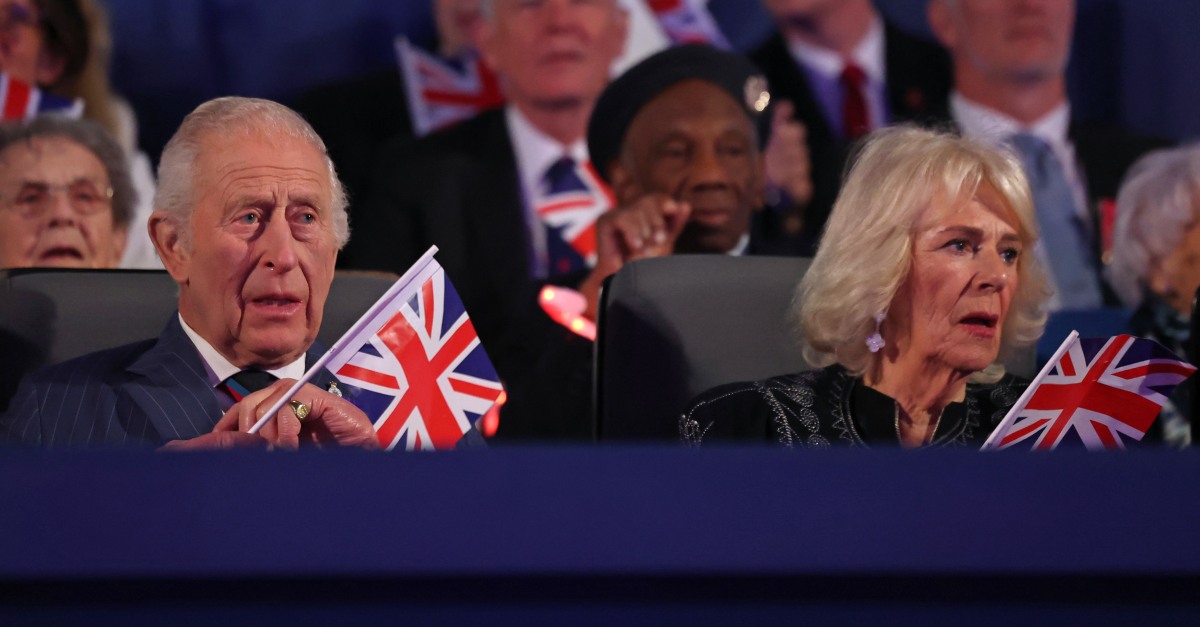
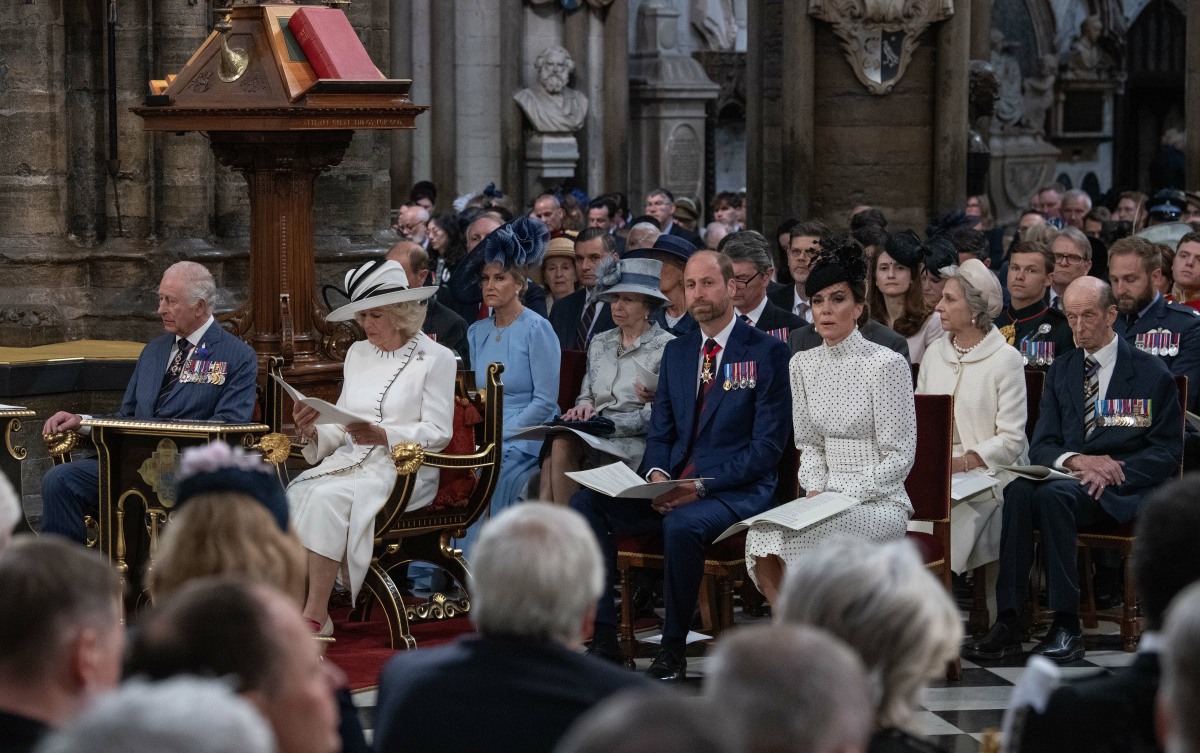
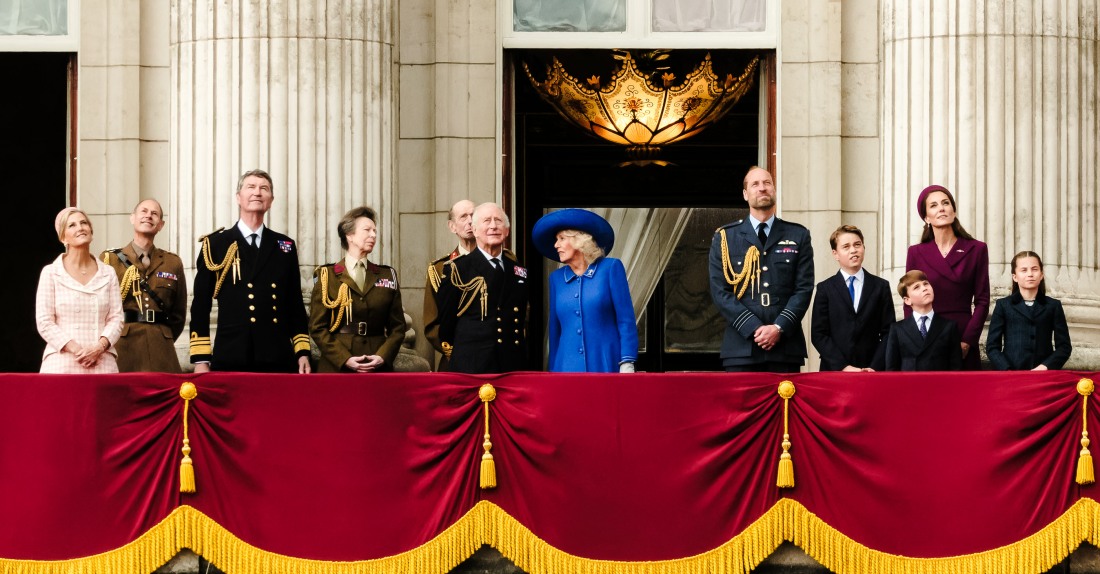





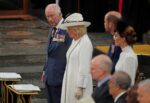
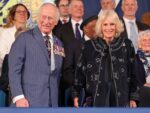
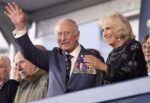
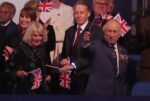
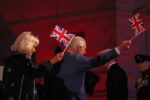





.jpg.webp?itok=1zl_MpKg)





 Bengali (Bangladesh) ·
Bengali (Bangladesh) ·  English (United States) ·
English (United States) ·